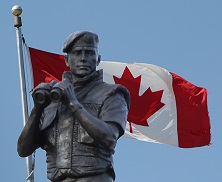True and Fascinating Canadian History
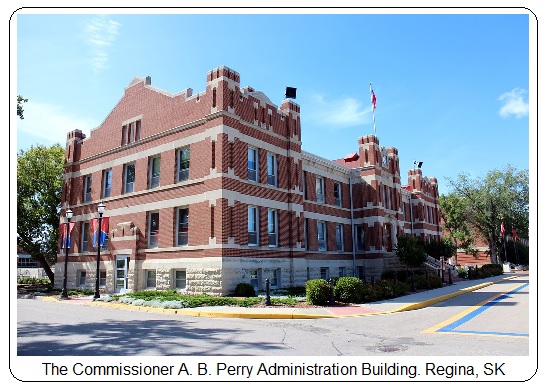
Vet of the Month: September 2009
O.44, Commissioner Aylesworth Bowen Perry:
RCMP Vets. Ottawa, ON
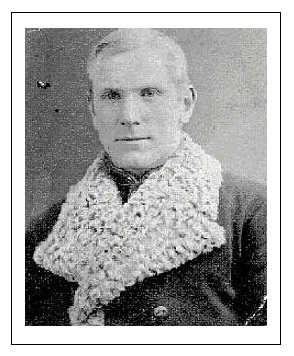
For the average mortal soul good timing, access to opportunity and a pull from above can usually be counted as the solid planks in the platform to the good life and success. Our Vet of the Month was mortal, yet he certainly was not average. Instead, due to his drive and determination, many said that he was born before his time. He was Aylesworth Bowen Perry
Perry was highly educated and he had broad life experiences. He was an idealist, an adventurer and a creative thinker. He was not threatened by new ideas. It can be said that Pesrry saw more changes to the Force because he himself was the stimulant behind them. Aylesworth Bowen Perry was born on August 21, 1860 in the small village of Violet near present day Napanee, ON. After completing high school in Napanee, he went on to receive higher education in engineering at the Royal Military College (RMC) in Kingston, ON. It’s been reported that he graduated at the top of his class.

Perry's graduation from RMC also brought him a Commission to Lieutenant and he was dispatched to England and attached to the Royal Engineers. Before departing for England, however, he injured his leg and because it had not healed properly, he was forced to return to Canada and to resign his Commission. For a short time, he worked as a surveyor in Northern Ontario and as a librarian in Ottawa. On January 24, 1882 he was appointed an Inspector in the NWMP and three years later, he became the Superintendent at Fort MacLeod.
He arrived in time for the commencement of the Northwest Rebellion which broke out in 1885. While in ‘F’ Division with its Headquarters at Regina, SK, Perry is credited with implementing the early organizational boundaries and structures such as Divisions and Sub-Divisions in the Force. Further, he allowed other responsible and qualified ranks including Senior NCO’s to be put in charge of these geographical areas. This idea instilled pride and esprit de corps within the ranks. Perry said: "...the further division of districts into groups in charge of a non-commissioned officer has increased the self respect of these men and developed their interest and initiative … Happy the Force that has leaders able and free to suggest new departures to greater efficiency” (MacBeth: pps.149-150). Perry actually encouraged his men to submit ideas which would improve methods and operations and which in turn would lead to increased efficiency.
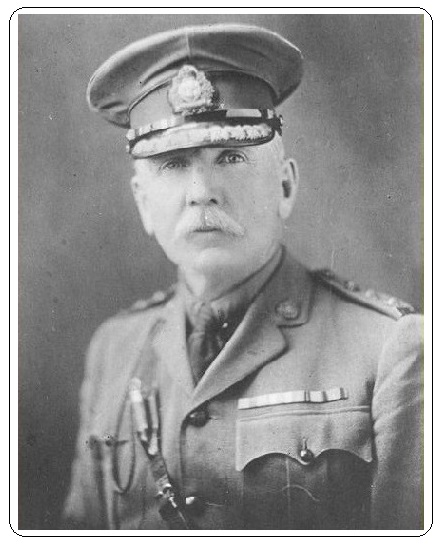
Examples abound which demonstrate that Aylesworth Perry was a man of action and an innovative thinker. He quickly noted that the disappearance of buffalo on the Prairies meant food shortages for the aboriginal peoples. He created ways whereby they were encouraged to adopt faming methods so that they could sustain themselves. He also praised and encouraged the work of Canadian missionaries among the Aboriginals.
On August 1, 1900 Perry was appointed the 5th permanent Commissioner of the Force following the fourteen year stint by his predecessor Lieutenant-Colonel Herchmer. Throughout the following 22 years, Perry guided the Force through some of its most significant changes. The Provinces of Alberta and Saskatchewan came into being in 1905 and at first the Force provided provincial policing. In time, both Alberta and Saskatchewan organized their own provincial police. Aylesworth Perry became distinguished as the Commissioner who bridged the North West Mounted Police(NWMP) and the Royal North West Mounted Police (RNWMP)and the Royal Canadian Mounted Police(RCMP).
Commissioner Perry is noted for speaking out and showing concern for the work which his men were doing. He was not afraid to advise the Government about changes taking place which affected the Force. Upon appointment to Commissioner he took immediate steps to enlist new men and horses into the Force due to gaps in the ranks created by those who had joined the South African campaign. At the time, the total strength of the Force was about 750 men – 500 were spread across the Prairies and the remainder was posted to the Yukon.
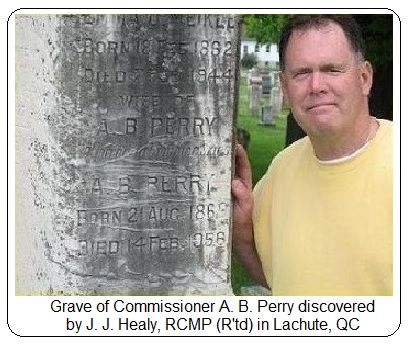
Today, one can imagine the vast geographical areas which the early men of the Force had to patrol thus they were in the saddle for days and days on end.
In his first report, Perry recommended that the entire Force receive upgraded weapons as the arms which the men possessed had become obsolete. Shortly afterwards, he also recommended that the old saddles be replaced as they were too heavy. To make the point in his argument, it’s been reported that he said that a horse once asked him: “Sir, why this heavy burden?”
Perry was not afraid to get his hands dirty as he took a hands-on approach to operational issues. In the matter of cattle thefts, he strongly encouraged farmers to take an active part in the prevention of thefts rather than leave the whole matter to the police. He also wanted farmers to brand their animals for easier identification. He encouraged his men to make house calls while on patrol to verify that home owners and families were safe.
As well, much time by the early Mounted Police was spent on tracing missing persons to determine if they were living or if they had died as a result of rogues. Perry also believed in a strong training program at ‘Depot’ which would lead to his men becoming self-controlled, disciplined and tactful. It was Perry’s desire to minimize the use of arms or to avoid the escalation of conflict whenever possible. (summarized, p.207).
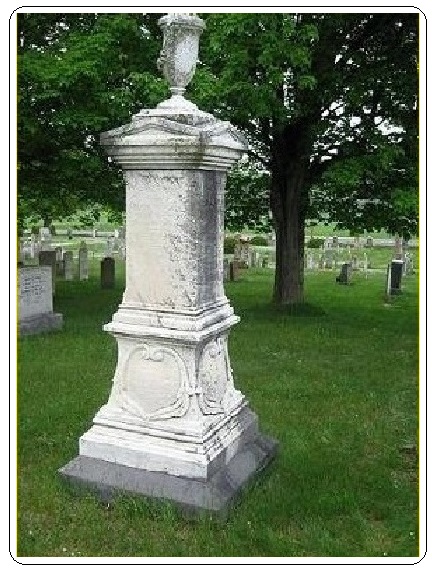
In 1904, the title ‘Royal’ was conferred on the North West Mounted Police. Upon accepting this honour, Commissioner Perry wrote in his report: “The Force is deeply sensible of the high honour conferred upon it, and I trust it will continue by loyalty, integrity, and devotion to duty to merit the great distinction which His Majesty has been so graciously pleased to bestow upon it.” (MacBeth: p. 205). In summary, Commissioner Perry was always proud of his men and their work. It seemed that he never allowwed disappointment to overcome him.
It was a busy time. In 1911, Perry led a Contingent of the Force to England for the Coronation of King George V. In 1914, World War I had its profound impact on the Force as many of his men volunteered for overseas. In 1920, the RCMP absorbed the Dominion Police and federal policing responsibilities also fell to the Force.
Commissioner A.B. Perry retired on March 31, 1923. Unquestionably, he left his mark on the Force which remains evident today. In 1953, Perry River was named after Commissioner Perry. It flows from MacAlpine Lake to the Arctic in Queen Maud Gulf. Commissioner Perry’s legacy will not soon be forgotten. Apart from being a man of action, he firmly believed in fair justice for all parties involved in a dispute and he instilled in his men of the NWMP the notion of fairness meaning a ‘square deal’.
Commissioner Perry died in Ottawa on February 14, 1956. He was buried at Lachute, QC.![]() RIP
RIP
Years later, ‘A’ Block or the Administration Building at ‘Depot’ was renamed the ‘Perry Building’.
Reporting from Fort Healy,
J. J. Healy
September 23, 2009
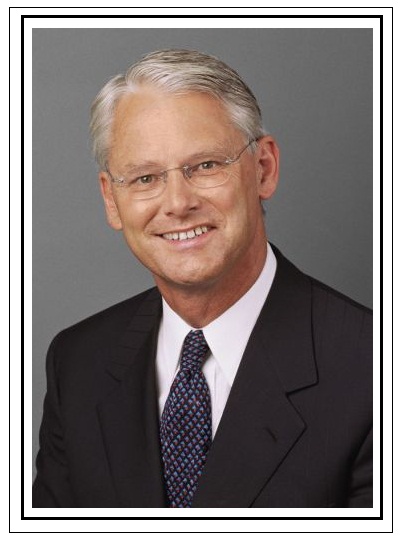
is a great-grandson to Commissioner Perry
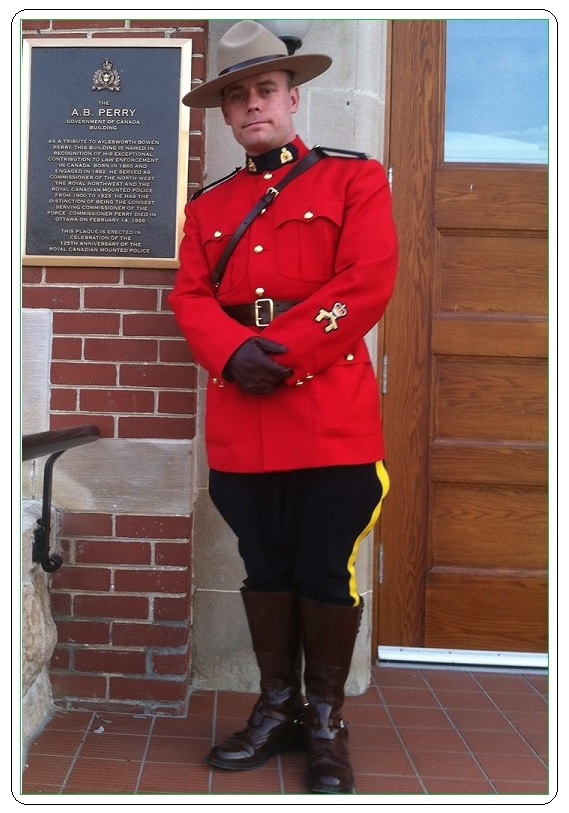
He too is related to Commissioner A. B. Perry
MacBeth, R.G. (no date of publication). Policing the Plains. Hodder and Stoughton Ltd. London
Wikipedia: Commissioner Perry, NWMP

